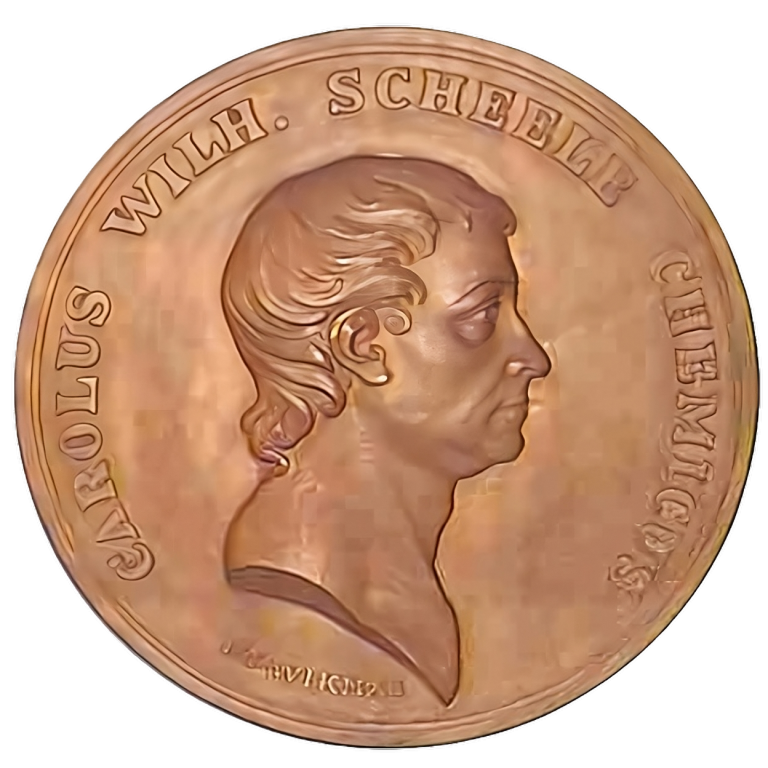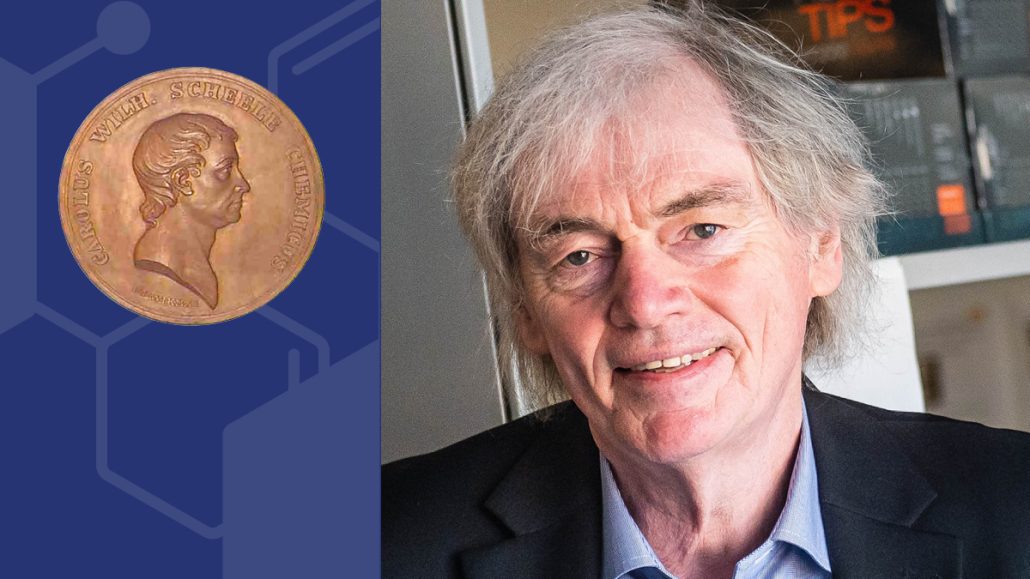Meet the speaker - Professor Roy van der Meel

Get a glimpse of the research that you will get the opportunity to learn more about at the Scheele symposium! The Scheele laureate Professor Pieter Cullis is a pioneer in the design, development and optimization of lipid nanoparticles (LNPs) for drug delivery and we will introduce the guest speakers who are all active in related fields. One of them is Professor Roy van der Meel from Eindhoven University of Technology:
How does your research relate to Prof. Cullis’s scientific work?
I had the pleasure of being a postdoc in Pieter’s lab at UBC from mid 2015 until the end of 2018. During that time, I worked closely with people like Jay Kulkarni and Dom Witzigmann (now at NanoVation), and Sam Chen, Chris Tam, and Josh Zaifman (now at Integrated Nanotherapeutics) and other group members. It was a really exciting time where I learned a tremendous amount about lipid nanoparticle (LNP) technology for nucleic acid delivery including production methods, the self-assembly process, and therapeutic evaluation in various disease models. After being recruited back to the Netherlands in 2019 by Willem Mulder, I leveraged my LNP experience to establish novel platform nanotechnology based on the body’s own apolipoproteins for RNA delivery to immune cells.
Can you explain the potential applications and impact of your research for drug discovery/drug development?
To unlock RNA therapeutics’ full potential for systemic delivery, biocompatible platform technologies with tunable biodistribution features are needed. Earlier this year we published on our apolipoprotein nanoparticle (aNP) platform in Nature Nanotechnology and demonstrated its capacity for delivering RNA to immune cells and their progenitors in the bone marrow. We are currently using the aNP technology for RNA-based cancer immunotherapies, for example when encoding for pro-inflammatory cytokines or chimeric antigen receptors (CAR), for vaccine purposes, and gene editing approaches.
How will your research contribute for the benefit of patients?
As made evident by COVID-19 LNP-mRNA vaccine development and deployment, safe and effective delivery nanotechnology is critical for nucleic acid therapeutics. Our aNP platform is well suited for developing cost-effective in vivo CAR therapies, increasing the treatment’s accessibility to a larger group of patients. In addition, the ability to repair disease-causing mutations in stem cells would be a huge benefit for patients suffering from genetic diseases.
What are some recent breakthroughs or discoveries that will advance in your field?
There are many recent exciting innovations advancing the RNA nanotherapeutics field, related to both nucleic acid payloads and the delivery platform technologies. For example, using circular RNA or self-amplifying RNA for improved stability and prolonged expression, respectively. In addition, strategies including genetic switches or microRNA regulation of mRNA are employed to increase tissue-specific expression. At the same time, in vivo gene editing approaches in the liver are becoming a clinical reality. The development of a lifesaving, bespoke gene editing treatment in 6 months recently reported in New England Journal of Medicine is testament to that. However, to enable widespread application of systemically administered in vivo nucleic acid therapeutics, challenges related to the delivery system need to be overcome including tuning and controlling biodistribution, improving cell-specific delivery, and reducing immunogenicity. Implementation of automated nanoparticle library production and screening approaches guided by machine learning is expected to expedite this.
What advice would you give to aspiring researchers interested in pursuing a career in your research area, and how can they contribute?
The RNA nanotherapeutics field is really multidisciplinary, where collaboration is required between clinicians, biotech, pharma, and scientists with various backgrounds including chemical engineering, molecular biology, and computer science. Regardless of your scientific background, it pays off to become a super expert that has affinity for working in a collaborative environment. For me, stepping out of my comfort zone and doing a postdoc abroad really built my scientific expertise and resilience. Importantly, I met some incredible people along the way and I had a lot of fun!
Find out who else will be speaking at this year’s symposium
This year’s symposium features experts within the field of Lipid nanoparticles, sharing their insights, research, and real-world experiences. Visit the page to explore exclusive conversations with additional presenters. Get a behind-the-scenes look at their work, what inspires them, and what they’ll be bringing to the stage.
Meet this year’s speakers
This year’s Scheele Award events
The Scheele Symposium – Lipid nanoparticles: Revolutionizing drug delivery

Welcome to the Scheele Symposium in honour of the 2025 Scheele Award laureate, Professor Pieter Cullis.
The symposium focuses on various aspects of his research which spans over several decades and has had a significant impact on both the scientific community and patients.
Young Scientist Day

You are welcome to apply to this year’s Young Scientist Day in drug formulation and nanomedicine!
This year’s winner of the Scheele Award, Pieter Cullis will present his research and reflection from different parts of his carrier during Young Scientist Day, hosted by the Swedish Pharmaceutical Society on November 12, 2025, as a satellite event to the Scheele Symposium.